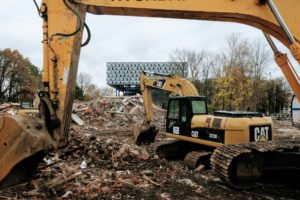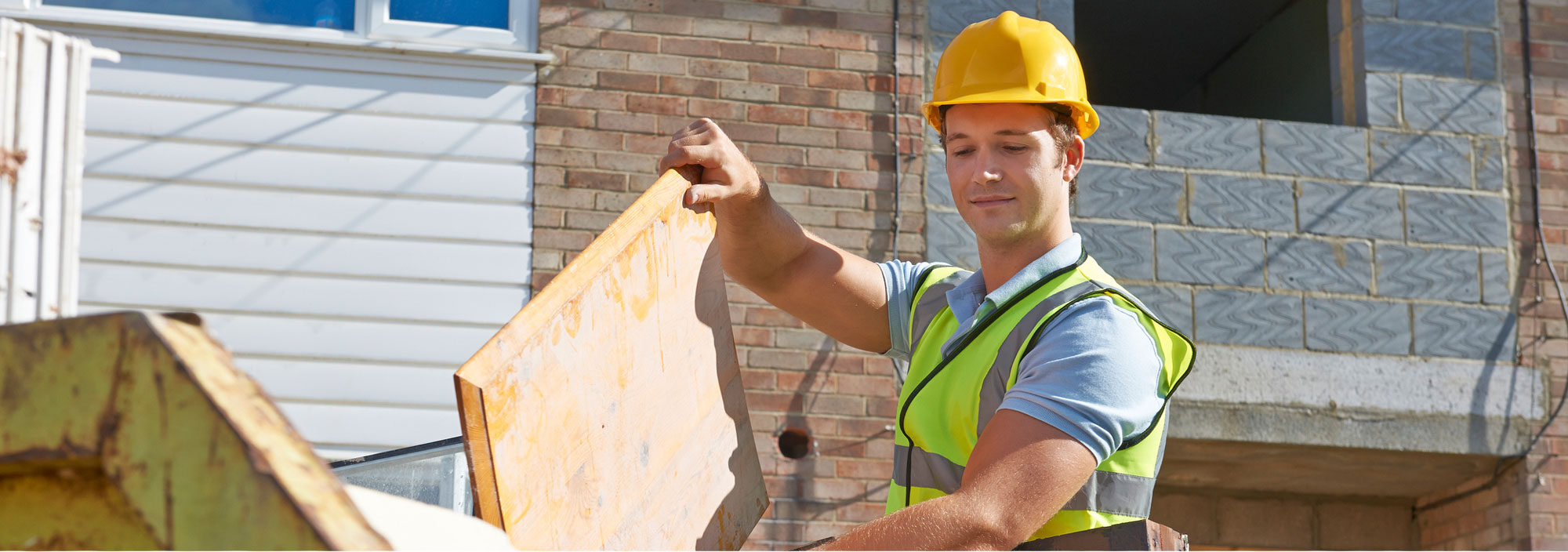Demolition Services and Site Prep: Choosing the Right Approach for Your Project

Embarking on a construction or renovation project may require demolition services and site preparation to ensure a successful outcome. Whether you’re a homeowner or a contractor, understanding the various approaches to demolition and site prep is crucial for making informed decisions and effectively managing your project.
At Dr. Waste, we are dedicated to providing educational, informative, and helpful content related to our services, focusing on different aspects of residential and commercial waste removal.
In this article, we will delve into the various methods of demolition services and site preparation, offering a comprehensive guide to help you choose the most suitable approach for your project. From traditional demolition methods to more innovative approaches such as deconstruction and selective demolition, we will discuss the advantages and disadvantages of each method, considering factors such as safety, efficiency, cost, and environmental impact.
We’ll also provide insights into best practices for site preparation, including grading, material storage, and waste disposal management, ensuring a well-organized and secure work environment.
1. Traditional Demolition Methods
Traditional demolition methods involve the use of heavy machinery, such as excavators, bulldozers, and wrecking balls, to tear down structures quickly and efficiently. These methods can be useful for removing large or unsafe buildings that cannot be salvaged but may have some drawbacks. Consider the following advantages and disadvantages when evaluating traditional demolition methods for your project:
Advantages:
– Fast and efficient removal of unwanted structures
– Lower overall costs compared to alternative methods
– Suitable for large-scale projects and dilapidated buildings
Disadvantages:
– Limited recycling and salvage opportunities for materials
– Potentially higher environmental impact compared to alternative methods
– Potential safety concerns due to noise, dust, and debris
2. Deconstruction and Selective Demolition
Deconstruction and selective demolition are alternative approaches that prioritize the preservation and reuse of building materials. These methods involve the careful dismantling and sorting of materials to be recycled, repurposed, or donated. Deconstruction and selective demolition can be more labor-intensive and time-consuming than traditional methods, but they offer several advantages:
Advantages:
– Eco-friendly, as materials are recycled or repurposed, reducing waste in landfills
– Potential cost savings through the resale or reuse of salvaged materials
– Preservation of historical structures or architectural features
Disadvantages:
– Longer project duration compared to traditional demolition methods
– Potentially higher labor costs due to the manual nature of the process
– May not be suitable for all projects, such as those involving unsalvageable or hazardous materials
3. Best Practices for Site Preparation
Proper site preparation is an essential aspect of any demolition or construction project. It ensures a safe, efficient, and organized workspace while minimizing potential environmental impact. Follow these best practices for site preparation:
– Survey and assess the site to identify potential hazards, such as utilities, underground structures, or environmental concerns.
– Obtain relevant permits and approvals from local authorities and ensure compliance with building codes, safety regulations, and environmental guidelines.
– Implement erosion and sediment controls, such as silt fences or sediment basins, to protect surrounding areas from runoff and pollution.
– Create a waste management plan, including designated areas for recycling, waste disposal, and material storage.
– Clearly mark access routes, work zones, and safety boundaries to minimize risks to workers and the public.
4. Choosing a Qualified Demolition Services and Site Preparation Provider
Selecting the right demolition services and site preparation provider is critical for a successful project outcome. Choose a company that:
– Has a proven track record and experience in providing demolition and site preparation services
– Prioritizes safety, environmental responsibility, and proper waste management practices
– Offers a range of demolition methods to cater to diverse project requirements and preferences
– Provides a detailed project plan, timeline, and transparent cost estimates
– Collaborates with you to develop a customized solution tailored to your specific needs
– Holds valid licenses, certifications, and insurance coverage as required by your region
Make Informed Decisions with Dr. Waste’s Expertise in Demolition Services and Site Prep
Choosing the right approach for demolition services and site preparation is vital to the success of your construction or renovation project. By understanding the various methods available, as well as their respective advantages and disadvantages, you can make informed decisions and select the most suitable solution for your specific needs. Additionally, following best practices for site preparation will contribute to a safe, organized, and environmentally responsible work site.
Dr. Waste is your go-to partner for environmentally-friendly waste disposal and junk removal solutions, offering expert guidance and services for demolition services and site preparation. Our experienced team can help you navigate the complexities of demolition processes while prioritizing safety, efficiency, and environmental responsibility.
Are you ready to tackle your demolition services and site preparation needs? Trust Dr. Waste to provide the professional services and expertise required for a successful project outcome. Get started today by contacting us for a free estimate and experience the Dr. Waste difference!

